The week's best parenting advice: November 23, 2021
Talking to children about death, pot use during pregnancy, and more

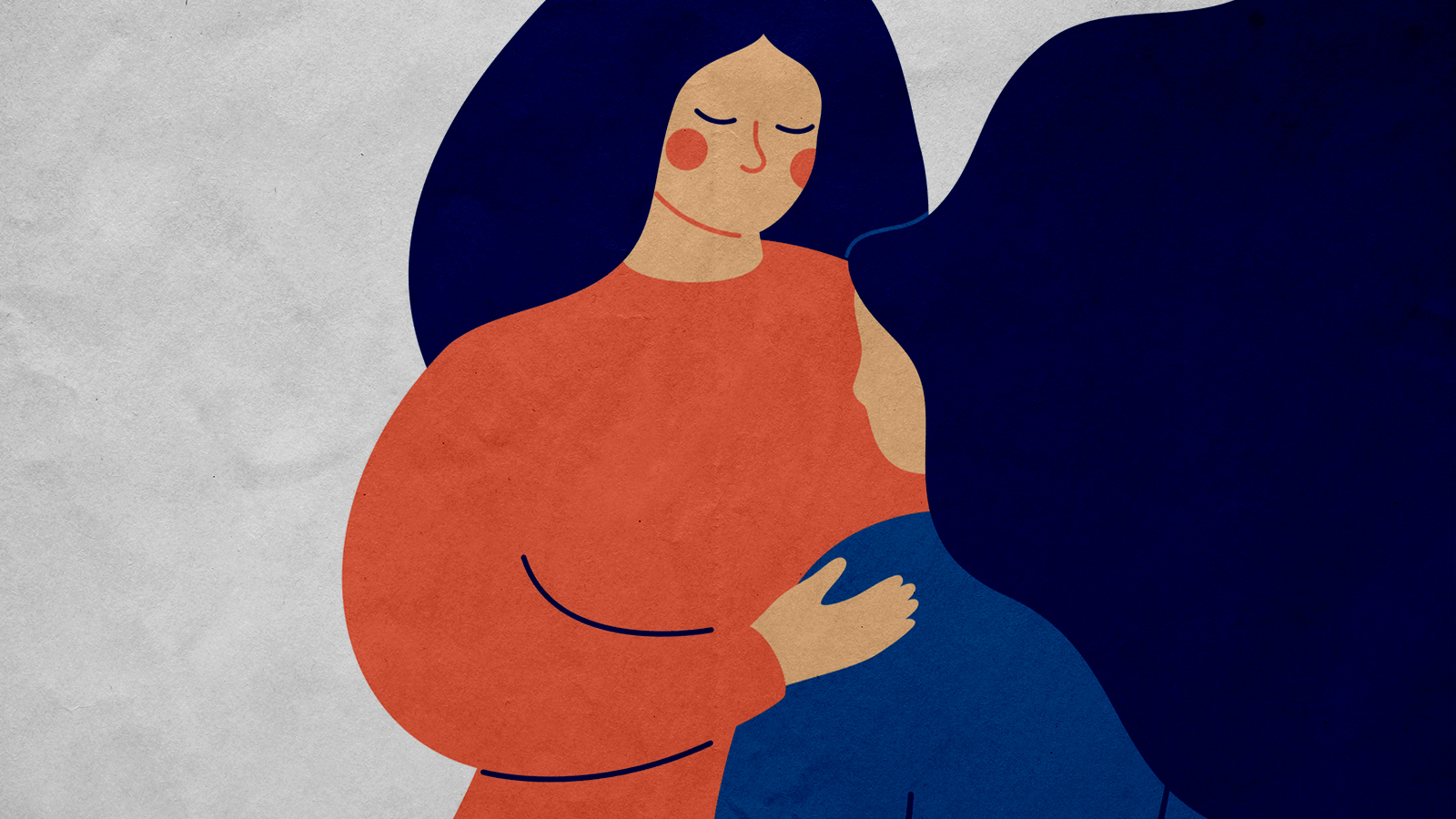
A free daily email with the biggest news stories of the day – and the best features from TheWeek.com
You are now subscribed
Your newsletter sign-up was successful
1. Talking to children about death
Death is a difficult topic to broach with children, but sometimes it can't and shouldn't be avoided, writes Sarah Ayoub in The Guardian. If someone the child knows has died, parents should resist the temptation not to tell them. Even in more difficult circumstances — say the sudden death of a close relative — leaning on euphemisms or metaphors ("went to sleep" or "passed away") can create confusion. Instead, parents should keep explanations "brief but honest," said pediatric psychologist Deirdre Brandner. Then parents should observe their child's reaction and "follow their lead," answering any questions that come up in the following weeks. Rituals such as creating memory books to remember the person, or planting their favorite flower, can aid the grieving process. Beyond that, Brandner says it's best to stick to the child's regular routine, as grieving children "need reassurance that their life will go on no matter what happens."
2. Should pregnant women smoke pot?
A new study suggests that cannabis use among pregnant women may cause behavioral problems in their children down the road, writes Melinda Wenner Moyer in The New York Times. Observing the children of 322 healthy mothers who gave birth between 2011 and 2015, the researchers found that those whose mothers used marijuana while pregnant were more than twice as likely to be anxious, aggressive, or hyperactive by the time they were 3 to 6 years old. The study adds to a growing body of research raising concerns about prenatal cannabis exposure, which has been linked to low birth weight, reduced IQ, autism, delusional thoughts, and attention problems. More research is needed to sort out exactly how marijuana affects fetal development, but at this point, Dr. Darine El-Chaâr, a maternal-fetal medicine physician who studies this issue, says "there's no known safe amount."
The Week
Escape your echo chamber. Get the facts behind the news, plus analysis from multiple perspectives.

Sign up for The Week's Free Newsletters
From our morning news briefing to a weekly Good News Newsletter, get the best of The Week delivered directly to your inbox.
From our morning news briefing to a weekly Good News Newsletter, get the best of The Week delivered directly to your inbox.
3. How to ease post-lockdown separation anxiety
If your child is experiencing heightened separation anxiety post-lockdown, you're not alone, writes Michelle Hainer in The Washington Post. But according to psychologist Jerry Bubrick, parents whose children are struggling at school or soccer practice drop-off should avoid repeatedly reassuring them of when they'll be back. "The core feature of all anxiety disorders is difficulty in tolerating uncertainty," says Bubrick. "Our job as parents and doctors is not to provide the certainty, it's to help them tolerate the not knowing." Go over the pick-up plan once, and in case you do show up a little late, equip the child with tools to challenge panicked thoughts. If the child is inclined to assume you've gotten into a horrible accident, for example, encourage them to think of two other possibilities — you could be stuck in traffic or held up on a work call — and then to ask themselves which scenario sounds most likely.
4. The truth about pacifiers
Sorting out research on pacifiers is tricky. Some evidence suggests they reduce a child's risk of sudden infant death syndrome (SIDS) — but so does breastfeeding. So if pacifiers make breastfeeding more difficult by causing nipple confusion, as some research seems to suggest, that might cancel out any beneficial effect on SIDS. But in a thorough rundown of current literature on the topic, Emily Oster argues that there's little evidence to support concerns about nipple confusion. "It's true that infants who use a pacifier are less likely to breastfeed; those things are correlated. However, the relationship does not seem to be causal: in randomized trials, discouraging pacifier use has no impact on breastfeeding," Oster writes. And the "soothing" value of pacifiers is well-established. "So they are worth trying!"
A free daily email with the biggest news stories of the day – and the best features from TheWeek.com
5. How to ask relatives for fewer Christmas gifts
If you're hoping to bypass a blizzard of toys from relatives this Christmas, now is the time to say something, writes Sarah Showfety at Lifehacker. It's probably best not to assume someone will go overboard on gifts unless they've done so before, in which case, starting from a position of gratitude — "He loves the game you got him last year!" — is a smart choice. From there, clearly state that you are hoping to minimize the number of toys coming into your home over the holidays. If you'd like to avoid singling anyone out, send out a family email along with some alternative gift ideas, such as a museum membership or a concert ticket. And in the event that a relative ignores your request, Showfety advises thanking them anyway. "Then consider asking if the toy can remain at the gift-giver's house to be used whenever your child visits."
Stephanie H. Murray is a public policy researcher turned freelance writer.
-
 Political cartoons for February 19
Political cartoons for February 19Cartoons Thursday’s political cartoons include a suspicious package, a piece of the cake, and more
-
 The Gallivant: style and charm steps from Camber Sands
The Gallivant: style and charm steps from Camber SandsThe Week Recommends Nestled behind the dunes, this luxury hotel is a great place to hunker down and get cosy
-
 The President’s Cake: ‘sweet tragedy’ about a little girl on a baking mission in Iraq
The President’s Cake: ‘sweet tragedy’ about a little girl on a baking mission in IraqThe Week Recommends Charming debut from Hasan Hadi is filled with ‘vivid characters’
-
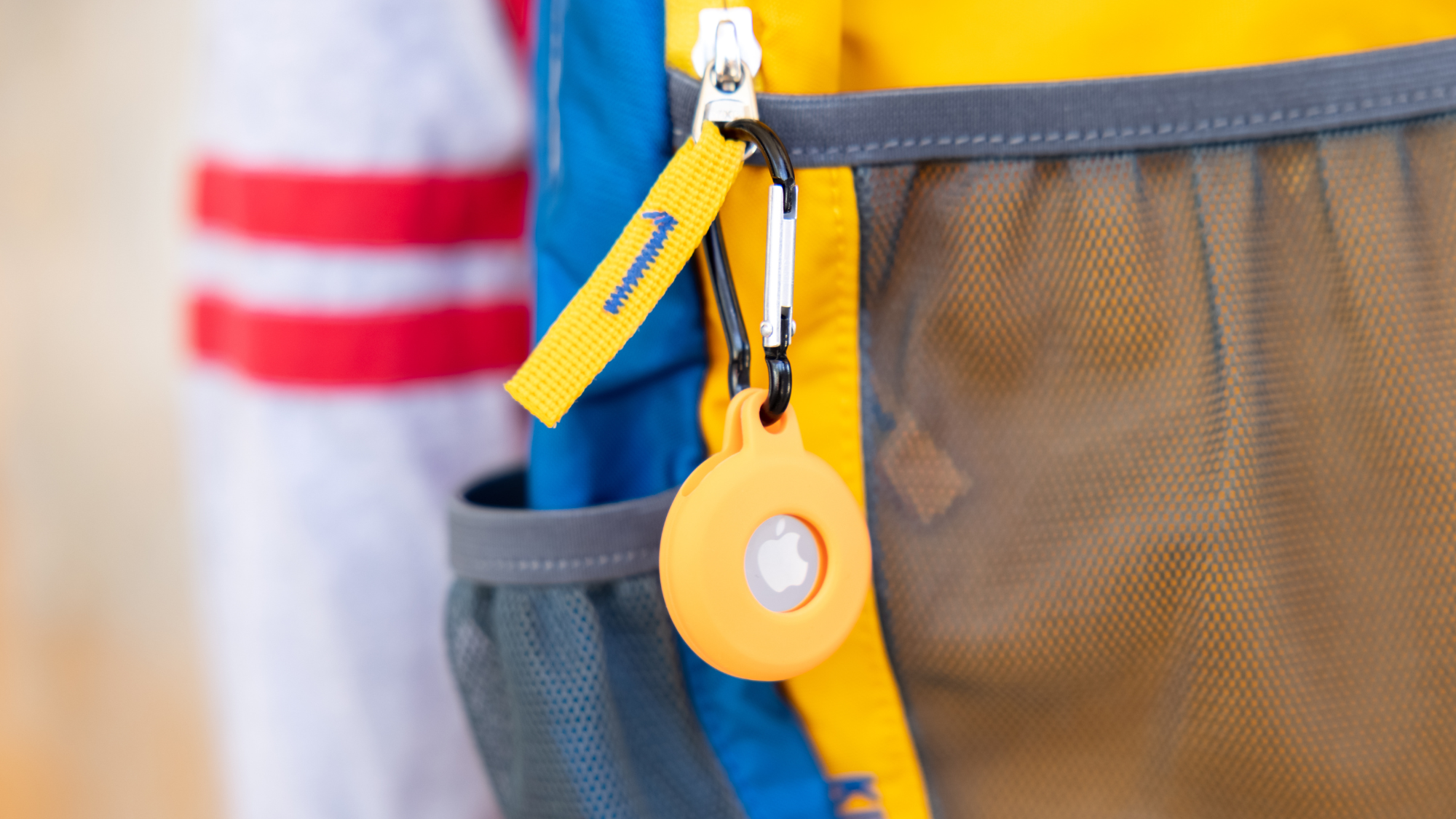 Should parents stop tracking their kids?
Should parents stop tracking their kids?Talking Point Experts warn the line between care and control is getting murkier – and could have consequences
-
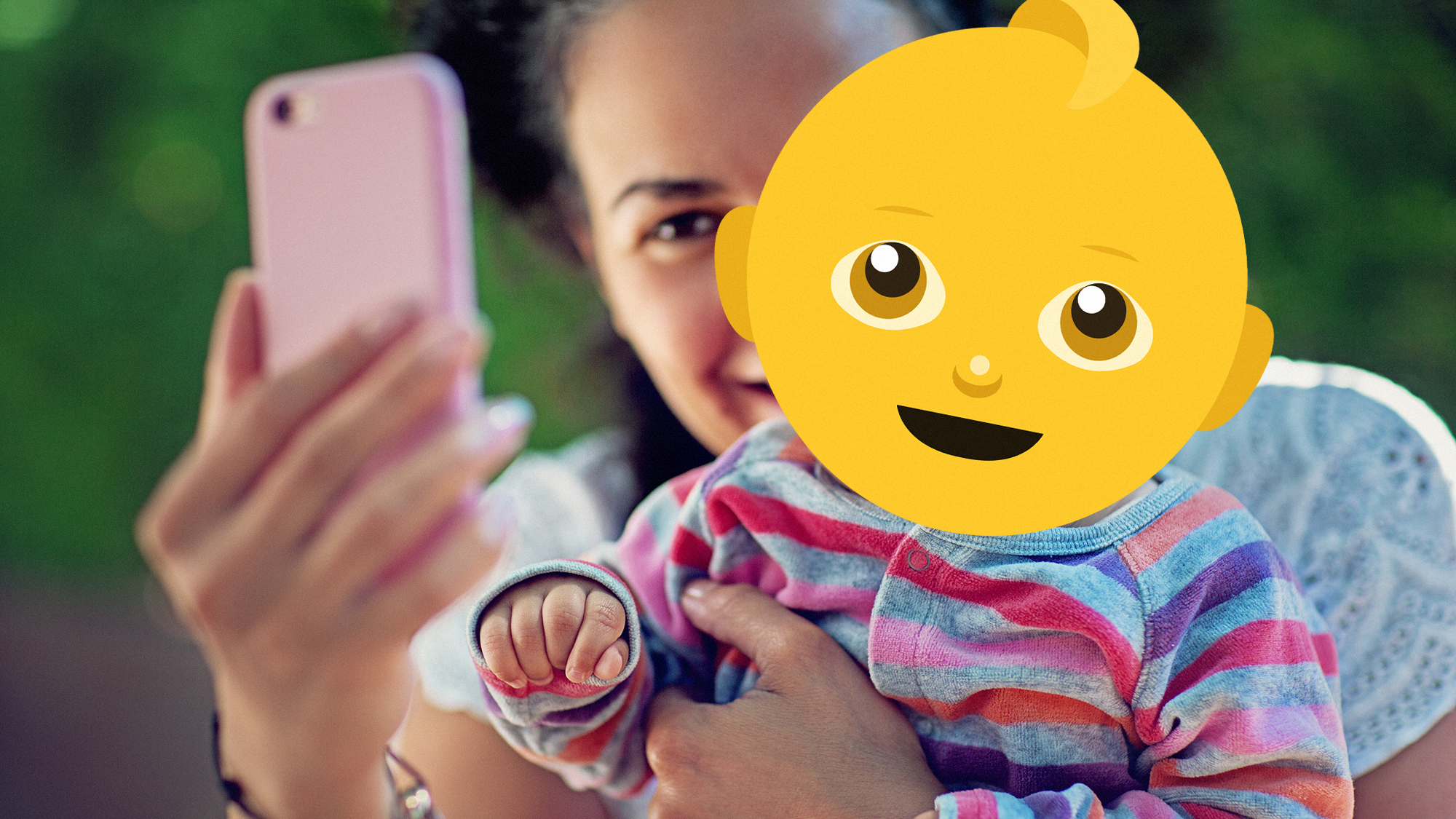 Sharenting: does covering children's faces on social media protect them?
Sharenting: does covering children's faces on social media protect them?In The Spotlight Privacy trend has 'trickled down' from celebrity parents but it may not protect your kids
-
 Disney is still shielding Americans from an episode of 'Bluey'
Disney is still shielding Americans from an episode of 'Bluey'Talking Points The US culture war collides with a lucrative children's show
-
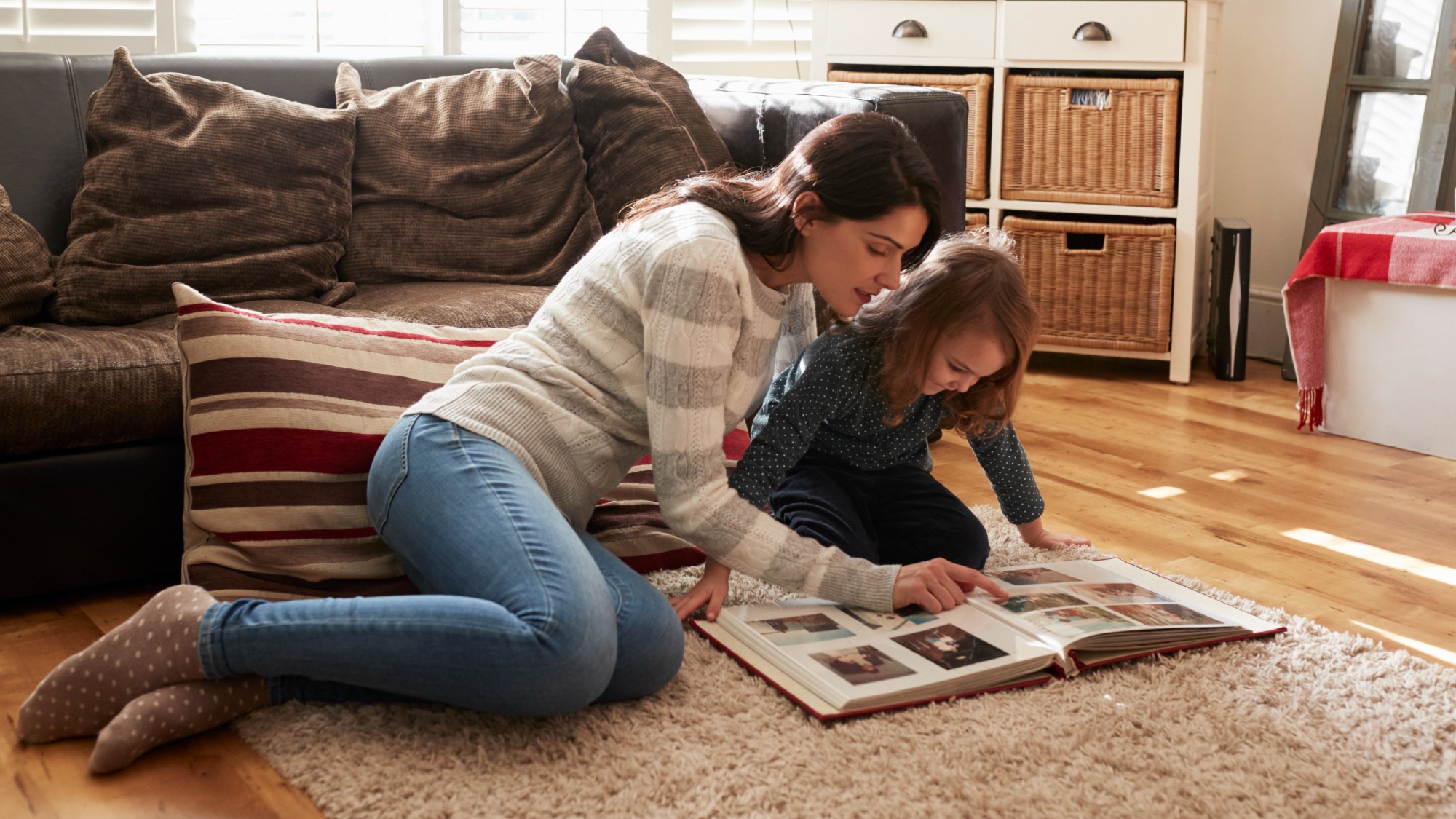 'Making memories': the scourge of modern parenting?
'Making memories': the scourge of modern parenting?In The Spotlight Meghan Markle sends her children emails of each day's 'moments' but is constant 'memory-making' just another burden for parents to bear?
-
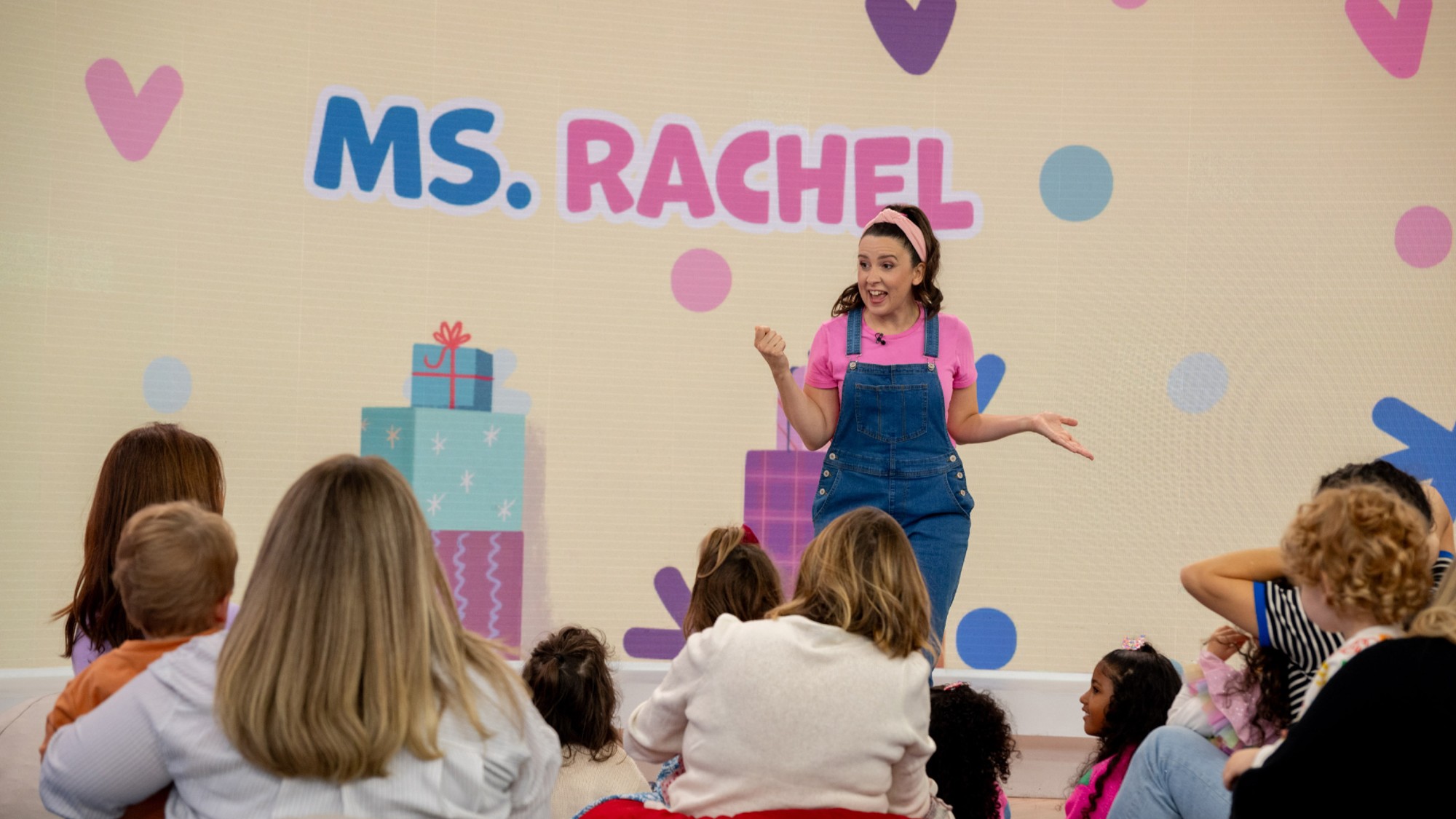 5 'slow TV' shows for overstimulated kids
5 'slow TV' shows for overstimulated kidsThe Week Recommends In an era of fast-paced content and short attention spans, the slow TV movement can be a boon to parents
-
 Chappell Roan and those parenting comments
Chappell Roan and those parenting commentsTalking Point Gen Z popstar’s claim that parents are unhappy has been widely criticised
-
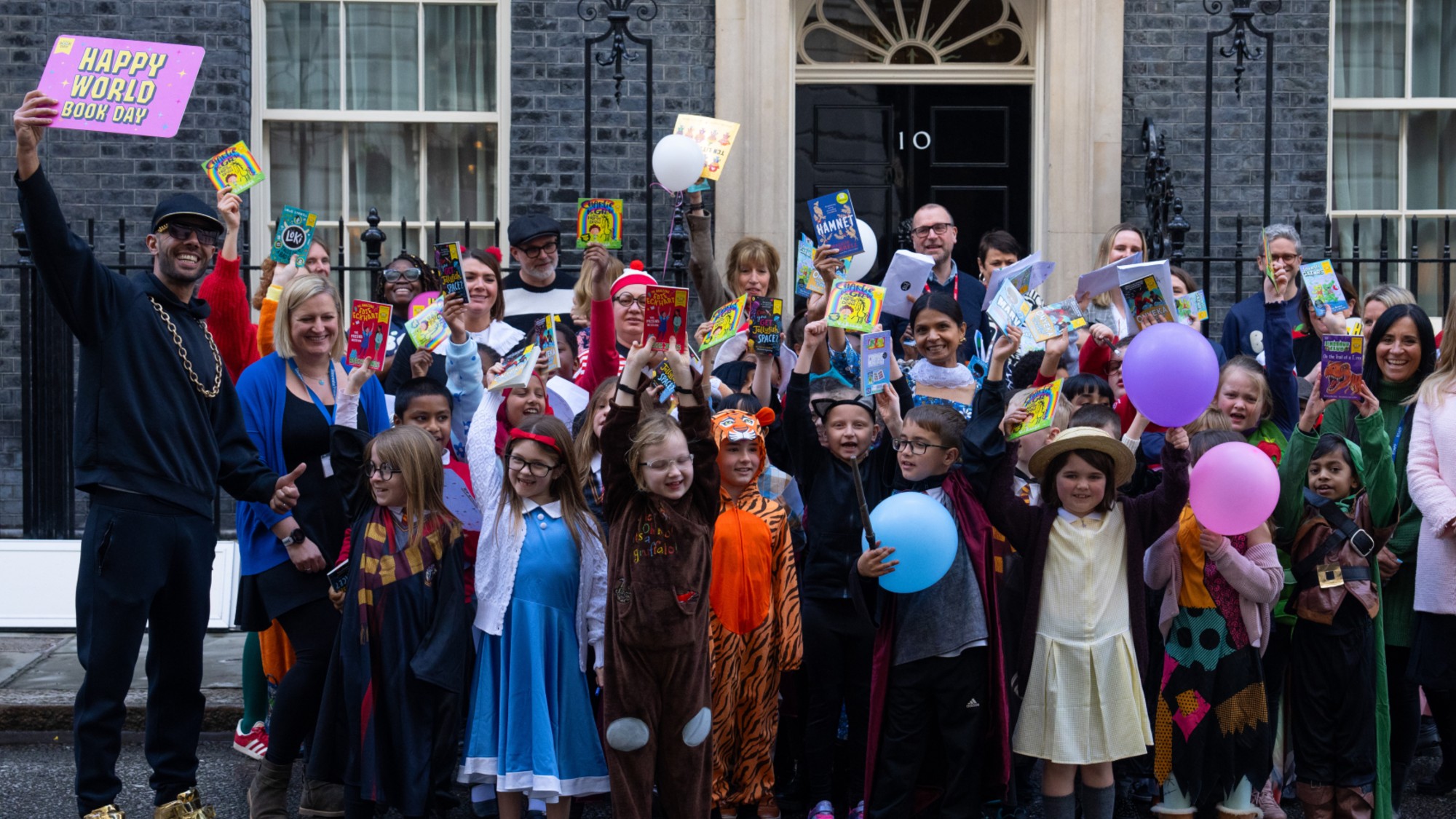 Has World Book Day become a 'horror show'?
Has World Book Day become a 'horror show'?Talking Point Annual event to encourage children to read for pleasure is sore spot for parents under 'growing pressure' to create character costumes
-
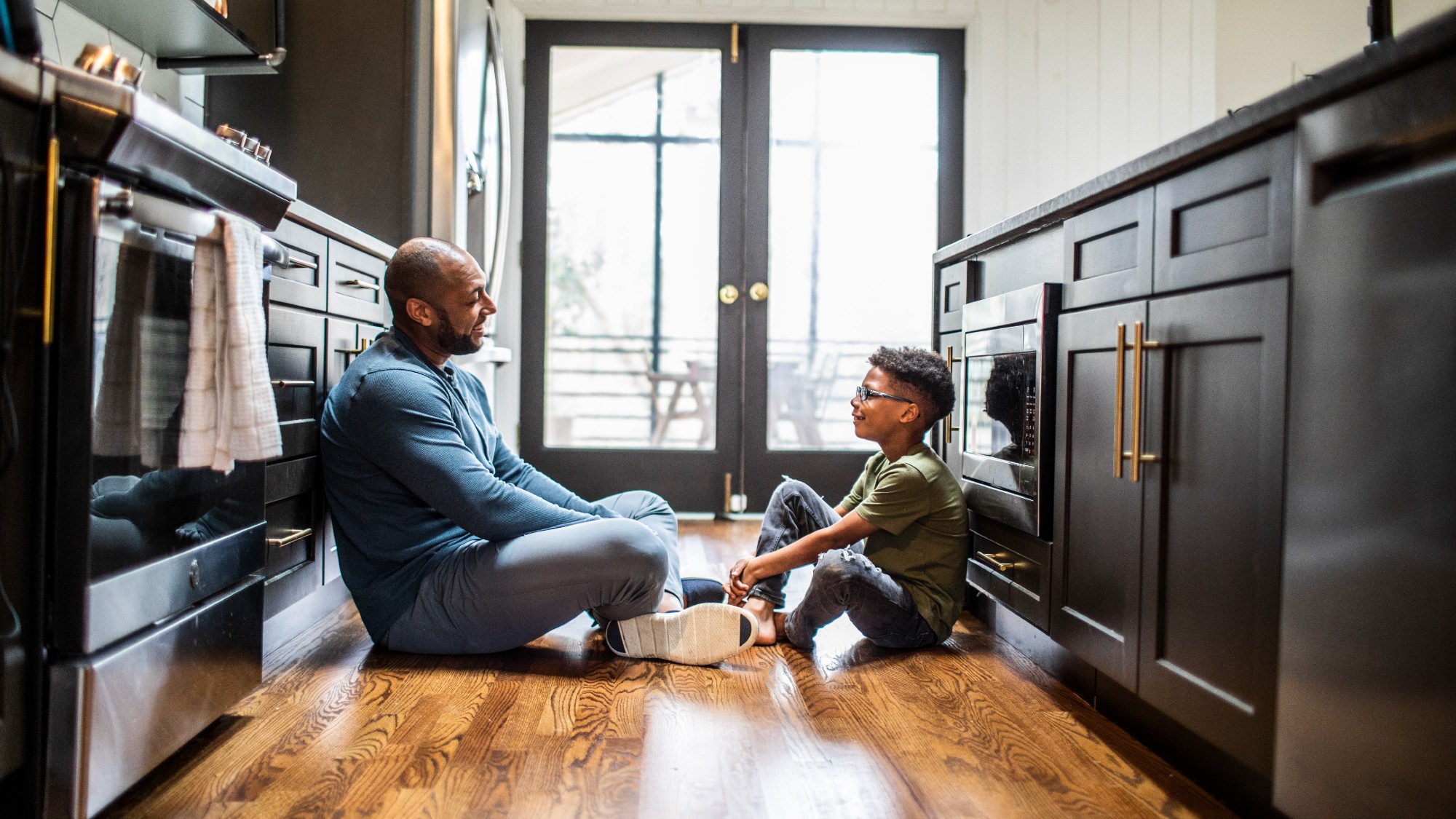 Should we give 'gentle parenting' a time out?
Should we give 'gentle parenting' a time out?Talking Point Popular, empathy-heavy parenting technique facing a stern ticking off
